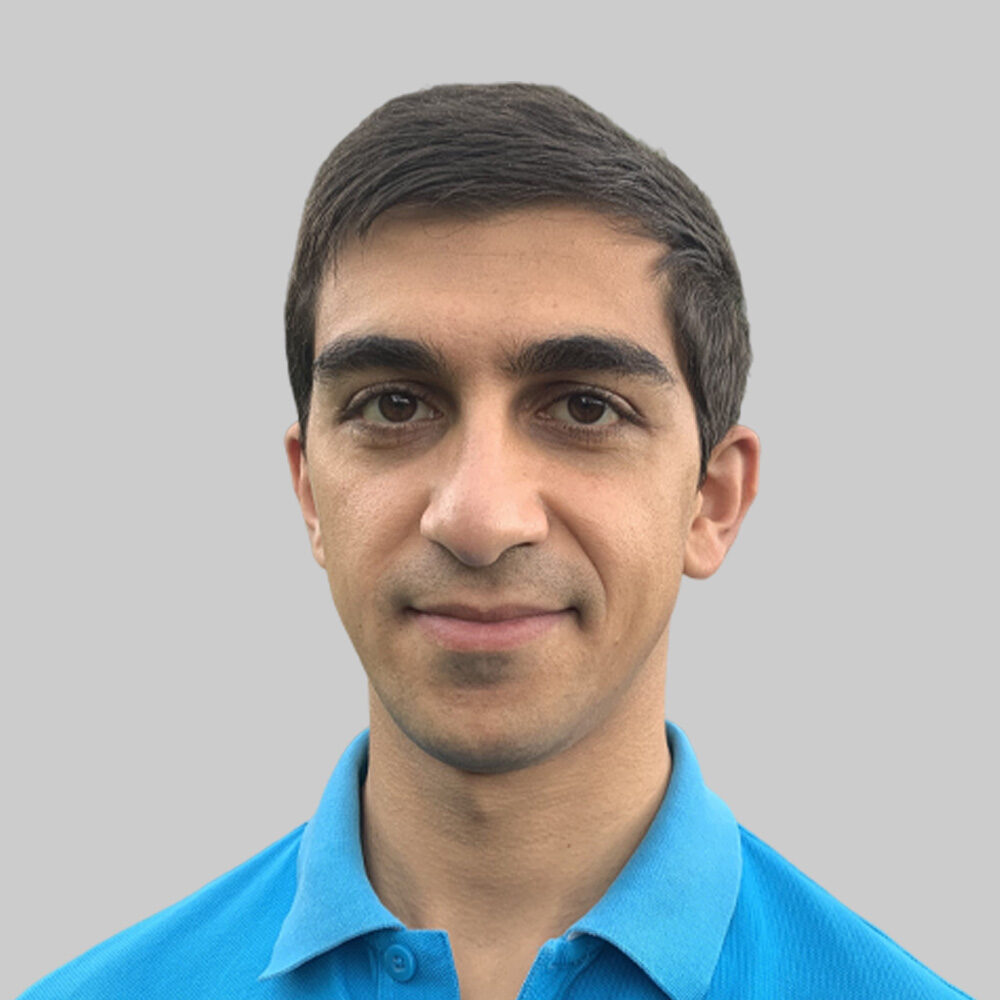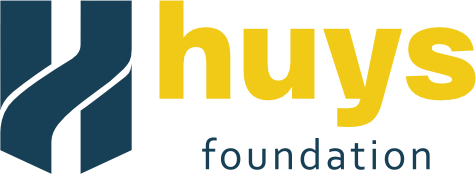Let's Make Change Together.

Artashes Gyozalyan
University College London
Human Tissue Repair MSc program
Huys Scholar 2024 (STEM Scholarship)
PROBLEM: The recent advancements in immunology, such as using monoclonal antibodies and cellular immunotherapy to treat autoimmune diseases and cancer have provided optimism for the future of the field. While developed countries are now utilising the benefits of these notorious achievements, Armenia is lagging behind. We are still using non-targeted techniques to treat immunological diseases. Having witnessed the detrimental effects of these approaches on my mother’s health and encountering similar issues in patients as a doctor, shaped my vision to contribute to the advancement of the field in my country.
Interestingly, it was my general medical training programme that motivated me to become a researcher. Being inherently passionate about immunology, my enthusiasm soared when I met patients with various autoimmune and inflammatory diseases ranging from rheumatoid arthritis to Crohn’s disease. I worked closely with three patients with FMF, which is endemic to my region, and I noticed the limitations of the current treatments and the scarcity of research about it. For example, one of the patients had an intolerance against colchicine and could not afford to use expensive alternatives, such as IL-1 inhibitors. Noticing these problems, I have decided to become a clinical researcher and serve as a bridge between clinicians and the pharmaceutical industry. With the assistance of UCL’s Human Tissue Repair MSc programme, I aim to gain the competence necessary to pursue a career as a clinical researcher in Armenia, focusing on the development of targeted immunological drugs. I have also noticed that many non-developed countries also face the same issues. Hence, my research will not only serve for Armenians, but can be beneficial for the wider community too.
CREDENTIALS: Having medical background, combined with my personality, and my experience at UCL would effectively equip me to contribute to the field of immunology in Armenia. First, my education in general medicine and my understanding of molecular mechanisms and cellular interactions provides a strong foundation for pursuing my career goals. Moreover, my experience in microscopy with tissues and cells would help me gain new research and laboratory skills quickly. Second, I volunteered as a paramedic during the 44-day war in 2020 and worked as a general practitioner in the army that shaped my personality, making me more self-reliant and disciplined. For example, during my volunteering and work experience I was exposed to stressful situations such as seeing patients with war injuries or staying in camps with minimal survival conditions. These experiences taught me to stay calm and carry out my duties to the fullest during the tough times. I believe these character traits would also be vital for overcoming the challenges during my research project back in Armenia.
My character combined with my medical knowledge would help me to acquire important and comprehensive knowledge in theory and laboratory at UCL, which would be applicable for my future research. The program will provide the unique opportunity to learn tissue repair and regeneration along with immunology and inflammation. I have identified that the course: “Choosing a Drug Target 1” would be especially imperative in enhancing my understanding of finding new targeted treatments for FMF. Taking the “Practical Laboratory Research Skills” and “Research Methodologies and Transferable Skills” courses would prepare me well to conduct research in Armenia. Working in different labs and choosing from many modern research topics can serve as a cornerstone for me to acquire extensive knowledge. Moreover, studying at UCL will enable me to build strong relationships and network with different skilled and experienced researchers having a real chance to cooperate with them while conducting research in Armenia. Finally, having a chance to communicate with patients and clinicians during my studies, would make the research process enjoyable and translational for clinical use, which would fit well with my needs.
SOLUTION: Conducting research about FMF in Armenia will help us to tackle various problems from diagnosis to treatment. Additionally, it is unlikely that researchers from other countries would come and conduct research about diseases which are endemic to Armenia. Therefore, learning valuable skills from abroad can help us to solve numerous problems locally. The research that I envision to conduct in Armenia about FMF would have three stages. First, I would join other researchers interested in FMF to foster collaboration and start an extensive observational analysis. We would collect data and examine characteristics, such as the genes that cause the disease to develop, the environmental exposures or behaviours that may increase the risk of developing the disease, as well as the experience of patients with this problem. Furthermore, understanding the correlation between FMF phenotypes and genotypes in different ethnic groups would deliver insights and hint at potential new treatments. Second, we would find molecular pathways in the disease to gain a better insight about it. Finally, we would concentrate on finding possibilities for targeting those pathways for the creation of new drugs. These drugs would help us to prevent amyloidosis, a severe complication of FMF, which can cause a full disoperation of the kidney, requiring transplantation. Although carrying out research about FMF in Armenia is my main goal, it would also help us to solve problems in other immunological issues because most of their molecular mechanisms and pathways are similar. The advanced treatments would not only serve for patients, but also for the doctors and the country because the medical and financial resources would be used more efficiently.
Studying at UCl would enable me to gain extensive and up to date knowledge, which in turn would serve for Armenians. My parents and my family members do everything to support me. With the help of HUYS scholarship I could get even closer to the fulfilment of my goals. I would be very grateful if you could help me to continue my education at UCL and contribute to the Armenian immunological industry.
I am aware that Huys Foundation is granting the Huys Scholarship to me with the anticipation of my good faith pursuit and implementation of the projects and undertakings described in this letter, to which I hereby commit.

